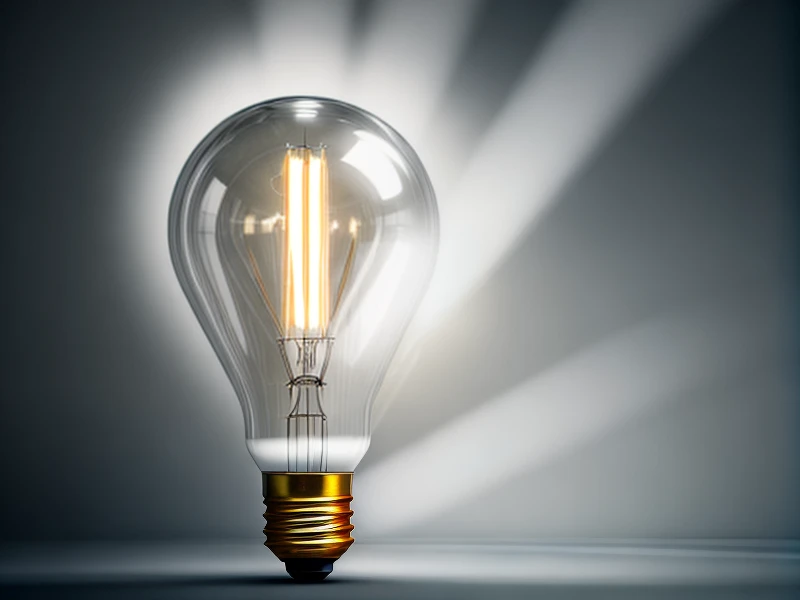
Lighting is an essential aspect of any space, whether it's your home, office, or commercial area. Finding the right bulbs that suit your needs is crucial for creating the desired ambiance. Dimmable light bulbs have emerged as a popular choice for many due to their versatility and energy-efficient properties. In this article, we will explore the wide range of benefits that come with using dimmable light bulbs, from enhancing mood to reducing energy consumption, and how they can fit seamlessly into your lighting needs.

Flexible Lighting Solutions for Every Occasion
One of the major advantages of dimmable light bulbs is the flexibility they offer in lighting solutions. With the ability to adjust the brightness levels, you can easily create different moods and ambiances to suit various activities and occasions. Whether you want a bright, well-lit space for working or studying, or a soft, cozy glow for relaxation or entertaining guests, dimmable bulbs allow you to tailor the lighting to your preferences. This versatility is especially beneficial in areas such as living rooms, bedrooms, dining areas, and restaurants, where different lighting requirements are needed at different times of the day.
Energy Efficiency and Cost Savings
Dimmable light bulbs are not only ideal for creating the perfect atmosphere, but they also contribute to energy efficiency and cost savings. By dimming the bulbs, you reduce the amount of energy consumed, resulting in lower electricity bills. Traditional incandescent bulbs tend to waste a significant portion of energy as heat when they are dimmed, whereas dimmable LED bulbs are designed to be more efficient. LED dimmable bulbs use less energy compared to their non-dimmable counterparts, making them an eco-friendly choice. Over time, the savings on energy costs can add up, making dimmable light bulbs a wise investment in the long run.
Extended Lifespan and Durability
Another advantage of using dimmable light bulbs is their extended lifespan and durability. LED dimmable bulbs have a much longer lifespan compared to traditional incandescent bulbs. On average, LED bulbs can last up to 25 times longer, which means less frequent replacements and reduced maintenance costs. Moreover, dimmable LEDs are built to withstand frequent dimming cycles without compromising their performance or longevity. This durability makes them a reliable choice for areas where the lights are constantly adjusted, such as restaurants, hotels, and theaters.
Health Benefits and Improved Sleep Quality
Lighting plays a crucial role in our overall well-being, and dimmable light bulbs can have a positive impact on our health. By adjusting the brightness levels, dimmable bulbs provide the opportunity to create a soothing and relaxing ambiance, contributing to stress reduction and improved sleep quality. Bright, harsh lighting can disrupt our natural sleep patterns, while a gentle, dim light before bedtime can help signal the body to wind down and prepare for restful sleep. The ability to customize the lighting to suit your mood and activity can directly impact your overall comfort and well-being.
Compatibility and Easy Installation
Dimmable light bulbs are designed to be compatible with standard dimmer switches, making them easy to install and integrate into existing lighting systems. However, it is important to ensure that both the bulb and the dimmer switch are dimmable to avoid any compatibility issues. Many modern dimmable LED bulbs are also compatible with smart home systems, allowing for remote control and automation of the lighting. This convenient feature adds an extra layer of flexibility and convenience to your lighting setup.
Dimmable light bulbs offer a wide range of benefits, from the ability to create various lighting moods and reduce energy consumption to improved sleep quality and easy installation. With their versatility, energy efficiency, extended lifespan, and compatibility, they are a smart choice for any space. By investing in dimmable light bulbs, you not only enhance the aesthetics and functionality of your lighting but also contribute to a greener and more cost-effective future. So, why settle for fixed brightness when you can have the convenience and delight of dimmable lights?
